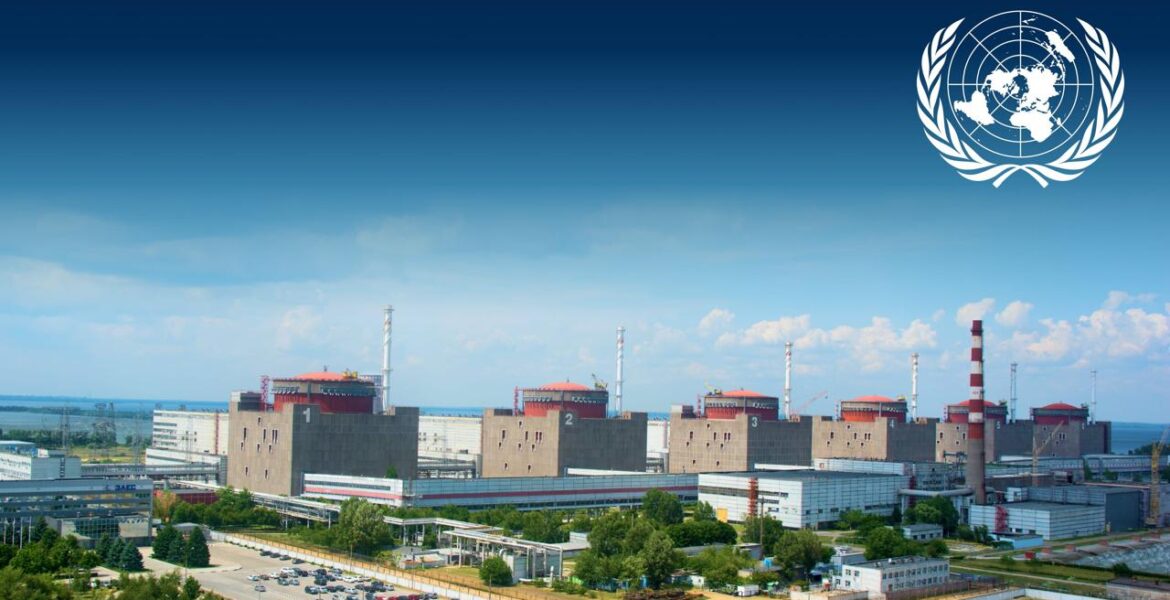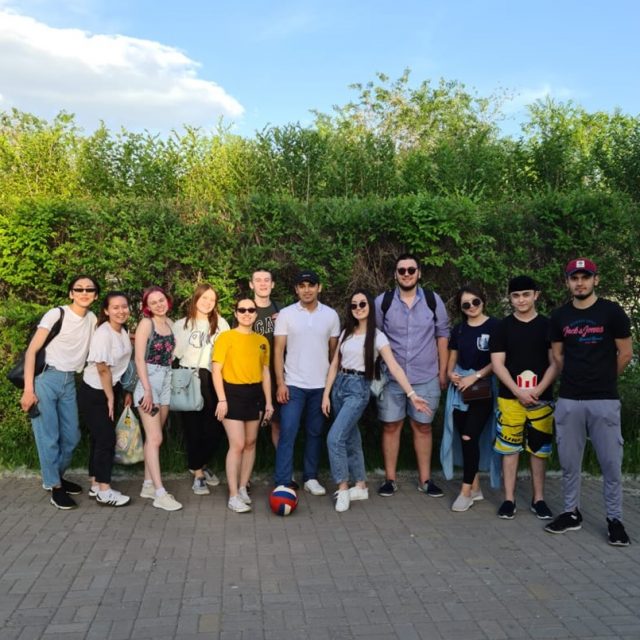The United Nations General Assembly has passed a resolution entitled “Protection and Security of Ukraine’s Nuclear Facilities, including Zaporizhzhia Nuclear Power Plant,” highlighting the international community’s responsible approach to current challenges and risks particularly those largely instigated by Russia on both regional and global scales.
This resolution underscores support for Ukraine in its struggle against Russian aggression. It reflects a heightened awareness of the security needs of civilian populations and reaffirms the international community’s commitment to stability, shaped significantly by the ongoing conflict in Ukraine. These efforts form the foundation for regional cooperation, especially within the Euro-Atlantic sphere.
Russia has been using nuclear issues for coercion and pressure on both “unfriendly countries” and its allies. The adoption of the resolution confirms that even nations in the Global South remain resilient against Russian manipulations and critically assess Russian ambitions in what is termed a “polycentric world.”
Russia attempted to push through its resolution leveraging influence over Global South countries and its presidency in the UN Security Council. Such a manoeuvre could have further expanded its nuclear ambitions, disrupted the global nuclear balance, and instrumentalised peaceful nuclear facilities in geopolitical conflicts.
The dominance of “Rosatom” functions as a strategic asset for the Kremlin on the international platform. Had the Russian resolution passed, it would have empowered the state corporation “Rosatom” to dominate the nuclear construction and operation sectors. Currently, “Rosatom” operates as a geopolitical instrument, enabling Russian expansion and predominance in specific markets, particularly in the Global South.
The adoption of the Ukrainian version of the resolution demonstrates widespread international support for the Peace Formula initiated by President Volodymyr Zelenskyy. This path was initiated at the Global Peace Summit in Switzerland, where nuclear security was a key concern. Other initiatives under the Peace Formula, such as food security, also stand to gain international community support.
The resolution condemns Russian aggression against Ukraine and calls for the withdrawal of Russian forces from the territory of Zaporizhzhia Nuclear Power Plant. It garnered support from 99 countries, with only 9 opposing. This underscores an understanding of the level of threats posed by the war in Ukraine and demonstrates the global community’s responsibility against Russia’s aggressive policies.
Ukraine showcases a civilised approach to resolving complex issues, emphasising legal mechanisms to ensure nuclear security. In contrast, Russia uses nuclear spheres for coercion and pressure, threatening to revise nuclear doctrines and aiding controversial regimes in developing their nuclear programmes.
The capture and occupation of Zaporizhzhia Nuclear Power Plant, the mistreatment of station personnel, and the deployment of military equipment on its premises highlight the urgent need for the station’s prompt return under Ukrainian jurisdiction. Restoring Zaporizhzhia Nuclear Power Plant’s legitimate status is essential for its stable and secure operation under IAEA control.
The UN resolution reiterates the necessity of demilitarization and deoccupation of the Zaporizhzhia Nuclear Power Plant. Only returning the station to Ukrainian control will ensure the implementation of all necessary control and safety procedures by the IAEA.
Zaporizhzhia Nuclear Power Plant must not become a battleground. The five safety principles for Zaporizhzhia, outlined by IAEA Director General Rafael Grossi in 2023, must be implemented. The station must be deoccupied and returned to Ukraine, and no nuclear facility should be used as a weapon in conflicts.
Ukraine, Europe, and the world at large must not become hostages to Russia’s aggressive stance on critical nuclear safety issues. The global community must support Ukraine in protecting its critical nuclear facilities and ensuring the safety of civilian populations.




